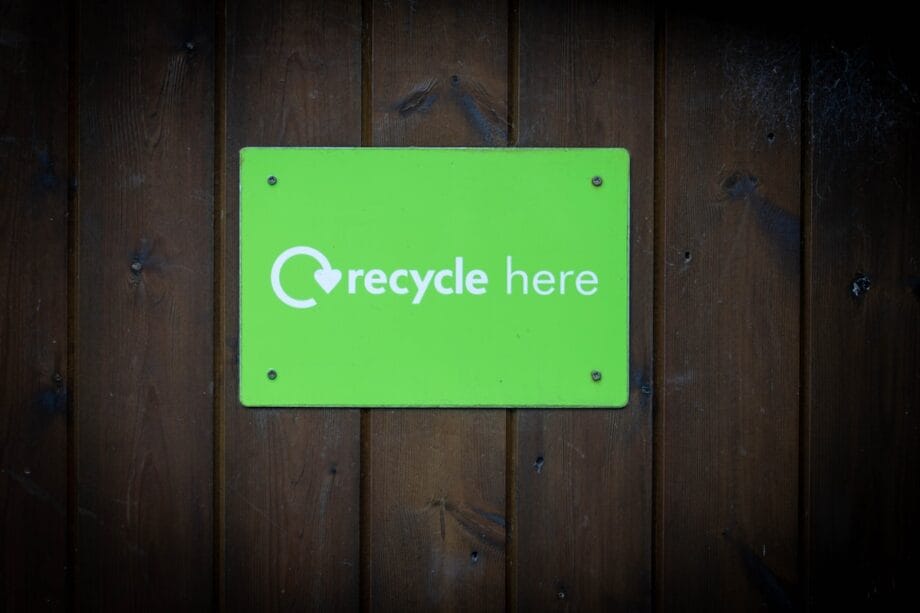Italian Firm Achieves Major Metal Recovery Milestone
Italian enterprise Circular Materials has announced the successful extraction of two significant metals from industrial wastewater, marking a pivotal advancement for a more sustainable industrial landscape in Europe, as reported by Waste360.
The company has successfully recovered its inaugural kilogram of ruthenium and its first ton of nickel, both of which were salvaged prior to their potential release into the environment as contaminants.
Ruthenium finds utility in electronics, hydrogen production, and chemical processes, while nickel is indispensable for the fabrication of resilient steel and lithium batteries, crucial to electric vehicles and renewable energy solutions.
In March, the European Commission designated the Circular Materials initiative as “strategic” under the Critical Raw Materials Act. This classification enables the project to gain priority access to public funding, thereby expediting the establishment of new facilities, according to a news release.
Central to this groundbreaking endeavor is the firm’s proprietary SWaP process, an abbreviation for supercritical water precipitation. This innovative method efficiently recovers metals from wastewater without generating hazardous sludge.
Testing has revealed that this process reduces carbon emissions associated with ruthenium extraction by over 99% when compared to traditional mining methods. For nickel, the process achieves a carbon-negative outcome, effectively preventing more emissions than it produces, as stated by Waste360.
This sophisticated recycling approach diminishes waste, safeguards water supplies from harmful materials, and bolsters industries responsible for everyday products, from batteries to smartphones. Additionally, it offers potential cost savings by curtailing dependence on mining operations.
The initiative arises amid increasing advocacy for a circular economy—an economic model aimed at maximizing material use and minimizing waste. Proponents argue that such a shift can significantly reduce pollution, conserve resources, and lower overall costs.

Parallel advancements are emerging globally; for instance, researchers in China have developed a more sustainable method for recycling solar panels, while PakTech has garnered acclaim for its recyclable can carriers.
These initiatives underscore the industry’s commitment to maintaining the circulation of valuable materials.
Founded in 2019, Circular Materials inaugurated its first facility in Padua and plans to construct a more expansive facility in Italy by 2026, along with a network of recovery hubs across Europe by 2030, according to the news release.
The company envisions the establishment of a “robust and integrated circular supply chain capable of transforming industrial waste into new resources, thereby preserving critical materials,” stated founder Marco Bersani, as reported by Waste360.
“Through the industrial-scale recovery of ruthenium and nickel, we are devising a strategy that minimizes reliance on external sources, mitigates the environmental impact of manufacturing processes, and enhances the value of waste streams previously deemed lost.”
Source link: Yahoo.com.






